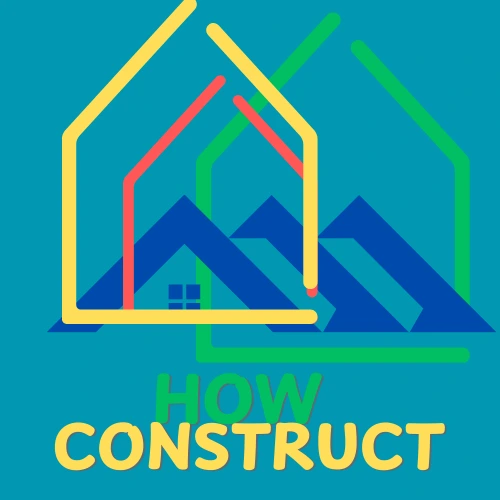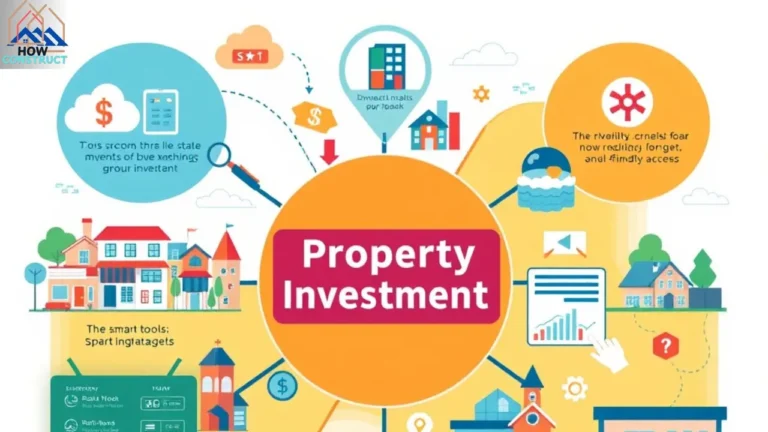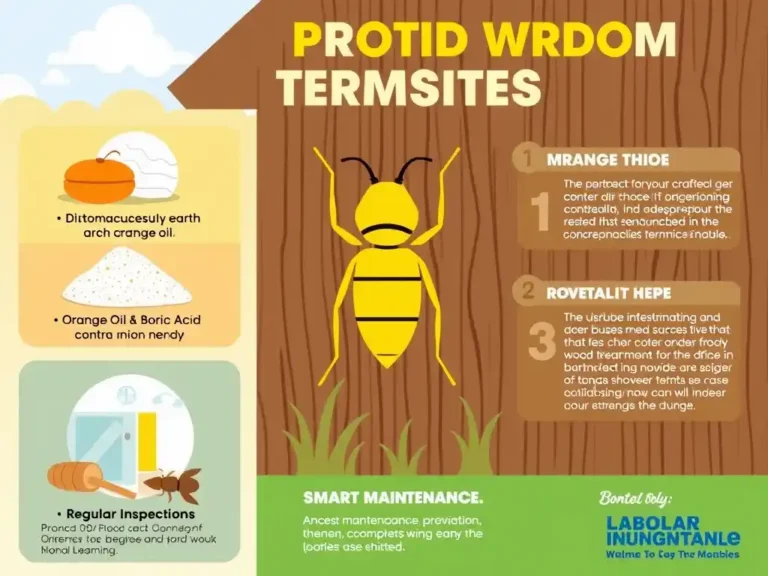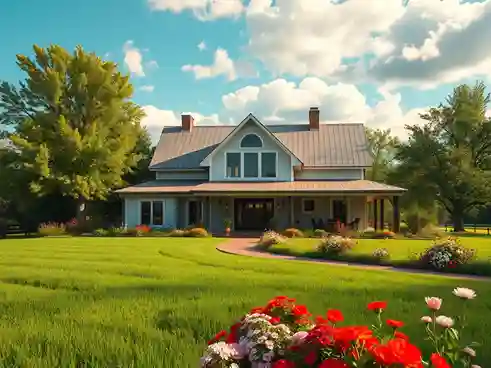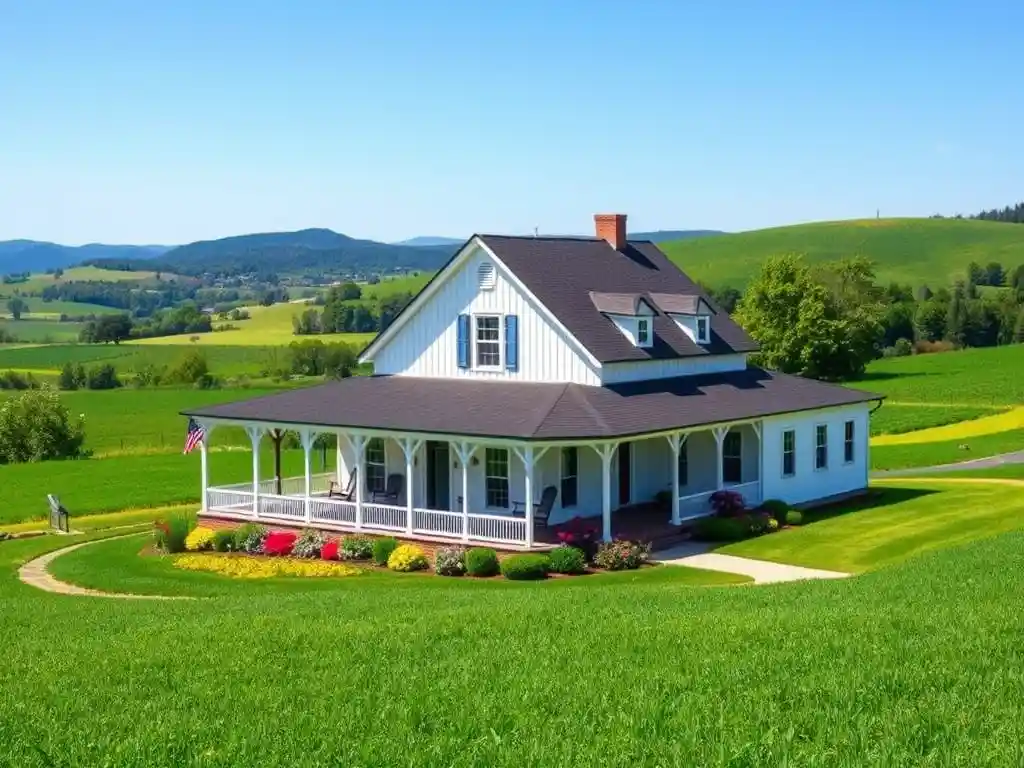Renting or Buying? Why This Decision Shapes Your Future
The Ultimate Money Dilemma: Flexibility vs. Stability
Visualize upright at a crossroads: one path deals freedom to move, the other aptitudes a room to call your own. Renting vs. buying isn’t just about cost—it’s about your thoughts, risks, and daily life. Let’s shorten this big deal with real-world examples and friendly advice.
Key Questions to Ask Before Deciding
- Do you want to paint walls neon pink or leave repairs to a land owner?
- Can you save $10,000+ for a down payment, or does leasing fit your money better?
- Does your job or family plan necessitate moving soon, or are you ready to settle?
The Pros and Cons of Renting: Freedom with Trade-Offs
Why Rent? Flexibility without the Headaches
renting is like a Netflix subscription—you enjoy the profits without owning the show.
- No maintenance stress: Owners handle leaky faucets and broken heaters. 72% of renters say this is their #1 perk.
- Lower upfront costs: As a substitute of a $60,000 down payment, you’ll pay a security deposit (often 1–2 months’ rent).
- Mobility: Move for jobs, school, or wanderlust without the hassle of selling a home.
The Downsides of Renting: Short-Term Gains, Long-Term Costs
- No equity: Your rent pays the landlord’s mortgage, not your future. Over 5 years, 1,500/month adds up to 90,000—gone.
- Rent hikes: In hot marketplaces like Berlin or Toronto, rents jump 8–10% yearly. It’s like a game of tag where your budget’s always “it.”
- Rules, rules, rules: Want a pet? Paint the walls? Many leases say “no way.”
The Pros and Cons of Buying: Building Roots (and Wealth)
Why Buy? Your Home as a Piggy Bank
Buying a home is like planting a money tree—if you nurture it, it grows.
- Equity growth: U.S. homes added 4% value yearly since 2000. A 300k home could be worth 364k in 5 years.
- Tax perks: In the USA and Canada, deduct mortgage interest to save thousands at tax time.
- Pride of ownership: Host BBQs, plant gardens, or paint polka dots—it’s yours.
The Downsides of Buying: Costs and Commitments
- Big upfront costs: 20% down + closing fees = 60k+ for a 300k home. Ouch.
- Surprise expenses: Budget 1% of your home’s value yearly for repairs. A 300khouse? That’s3,000 for broken AC or roof leakages.
- Market rollercoasters: Prices can crash (see 2008). If you sell during a slump, you might lose money.
Financial Face-Off: Crunching the Numbers Like a Pro
The “5-Year Rule”: Rent If You’re a Nomad, Buy If You’re Settling
Residing less than 5 years? Rent. Buying costs (closing fees, agent commissions) eat 6–10% of the price. Staying longer? Buy. Equity growth beats rent receipts.
Renting vs. buying Calculators: Your Crystal Ball
Use free tools like NerdWallet’s calculator to compare costs.
- Example: Rent for 1,500/month vs. Buy a 300k home.
- After 5 years: Renting costs 90k buying builds 60k+ in equity (if prices rise 4% yearly).
Regional Realities: How Location Changes the Game
USA: Land of 30-Year Mortgages and Suburban Dreams
- Avg. home price: $416k (2023).
- Renters: 36% of households. Cities like Austin see rents heads up to 15% yearly.
- Buying perk: Lock in a fixed-rate mortgage—your payment stays the same for 30 years.
Europe: Where Renting is a Way of Life
- Germany: 51% rent long-term. Tenant laws cap rent hikes at 15% every 3 years.
- Spain: Avg. rent in Barcelona = €1,200/month. Buying requires 20% down + 10% taxes.
- UK: Londoners pay £2,500/month to rent—double the mortgage payment for a similar home.
Canada: Sky-High Cities vs. Affordable Prairies
- Toronto: Avg. rent = 2,500/month. Buying? A condo costs 750k.
- Saskatoon: A 3-bedroom home costs $300k—less than half of Vancouver’s prices.
Russia: Cash Rules and High Rates
- Moscow: Avg. rent = 60k RUB ($650)/month. Buying? Mortgages hit 12–15% interest.
- Cultural quirk: 65% of Russians buy homes outright to avoid loans.
How to Decide: Your Step-by-Step Checklist Renting vs. buying
5 Questions to Ask Before Signing Anything
- Job stability: Could you lose income or relocate in 2 years?
- Savings: Do you have 3–6 months’ expenses saved after the down payment?
- Market trends: Are home prices rising faster than rents in your area?
- Lifestyle: Love DIY weekends? Or prefer calling a landlord?
- Emotional readiness: Does “homeowner” sound exciting or terrifying?
When Renting Wins (And When It Doesn’t)
- Rent if: You’re new to a city, hate yard work, or have unstable income.
- Buy if: You’ll stay 7+ years, crave stability, or want to build generational wealth.
Conclusion: Your Home, Your Rules—No Pressure!
There’s no “right” answer—only what’s right for you. 44% of millennials rent for flexibility; 56% of Gen X own for security. Your home should match your life’s rhythm.
FAQs: Your Top Questions, Answered
Q: Is renting “throwing money away”?
A: Not if you invest the savings! 500/month in stocks could grow to 100k in 10 years.
Q: Can I buy with 3% down?
A: Yes! FHA loans (USA) require 3.5% down. But you’ll pay mortgage insurance until you hit 20% equity.
Q: Are rents cheaper than mortgages?
A: In 2023, renting was cheaper in 45/50 USA cities. Exceptions: Detroit, Cleveland.
Q: How do rising interest rates affect me?
A: They make mortgages pricier. A 1% rate hike adds 200/month to a 300k loan.
Q: What if I hate my home after buying?
A: Rent it out or sell (but expect 6% agent fees).
Q: Why do Europeans rent more?
A: Stricter loans, strong tenant rights, and cultural habits.
Q: Is buying in Russia risky?
A: High rates and inflation are hurdles. Cash buyers avoid loan stress.
Q: Can I rent-to-own?
A: Yes! But only 15% of deals succeed. Always hire a lawyer.
Q: How does climate change affect buying?
A: Flood zones heads up to insurance costs. Research local risks first.
Q: Should I buy during a recession?
A: Prices dip, but secure your job first.
